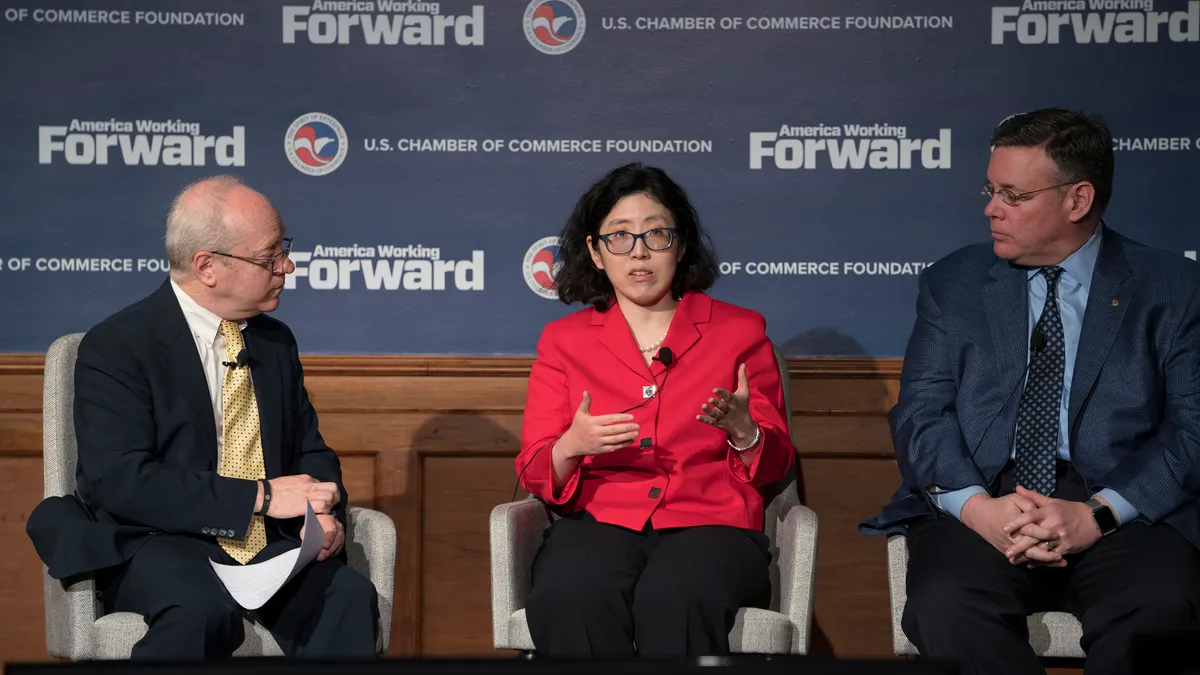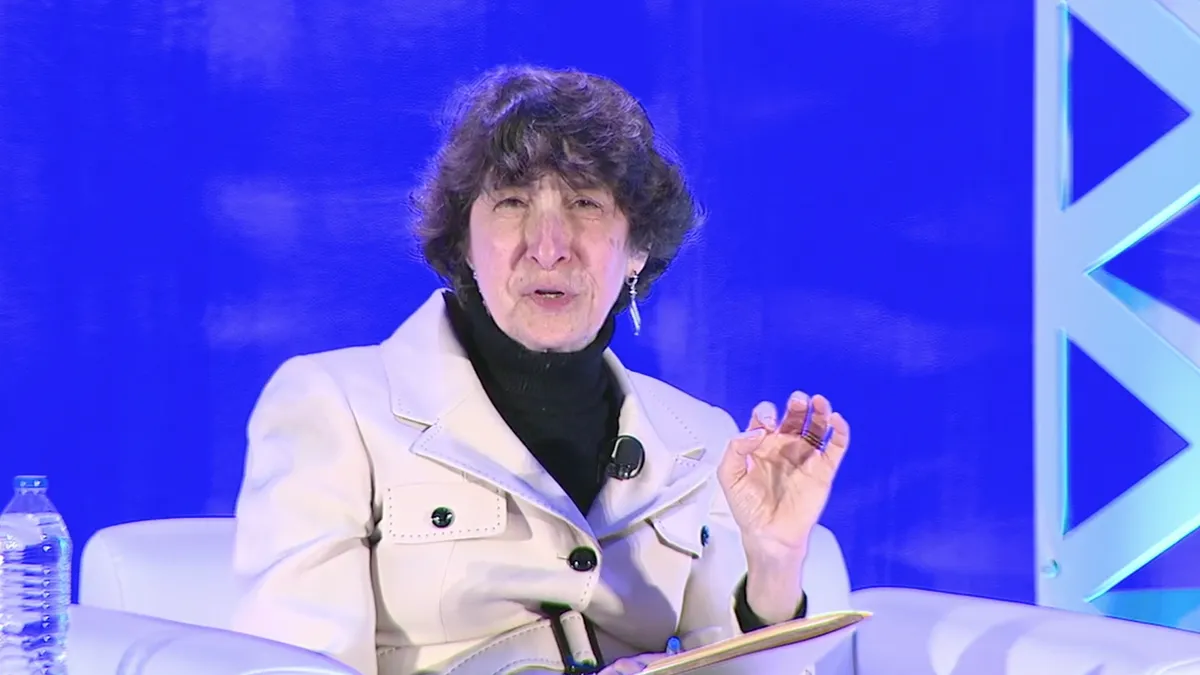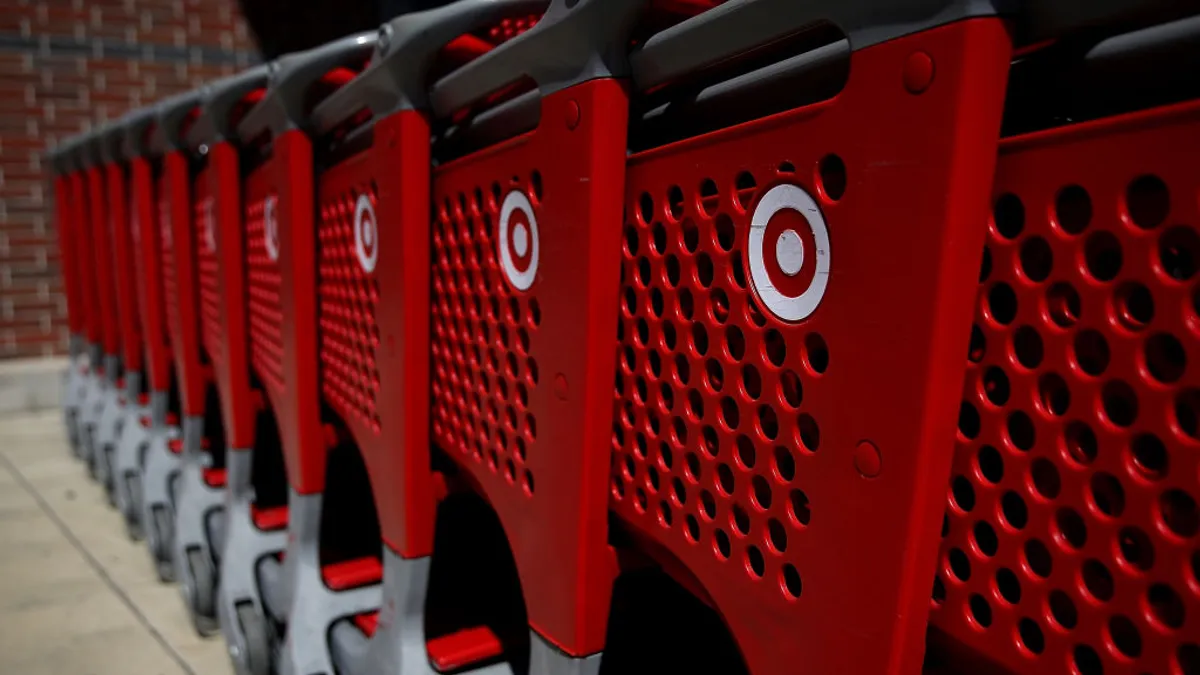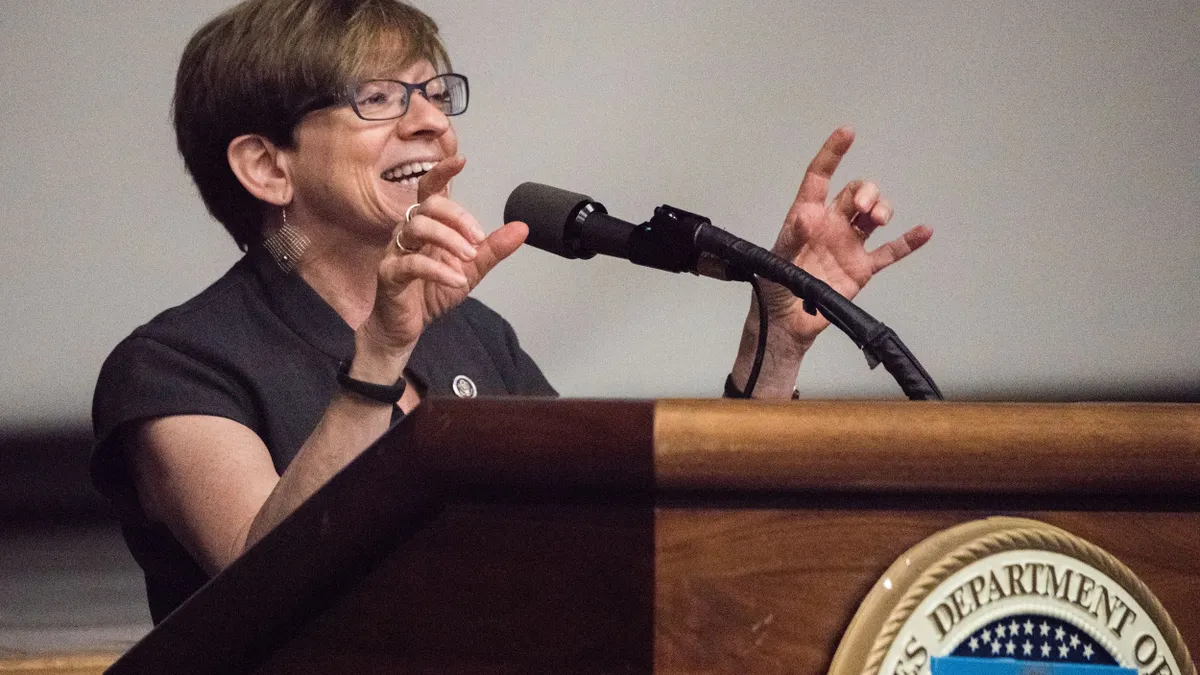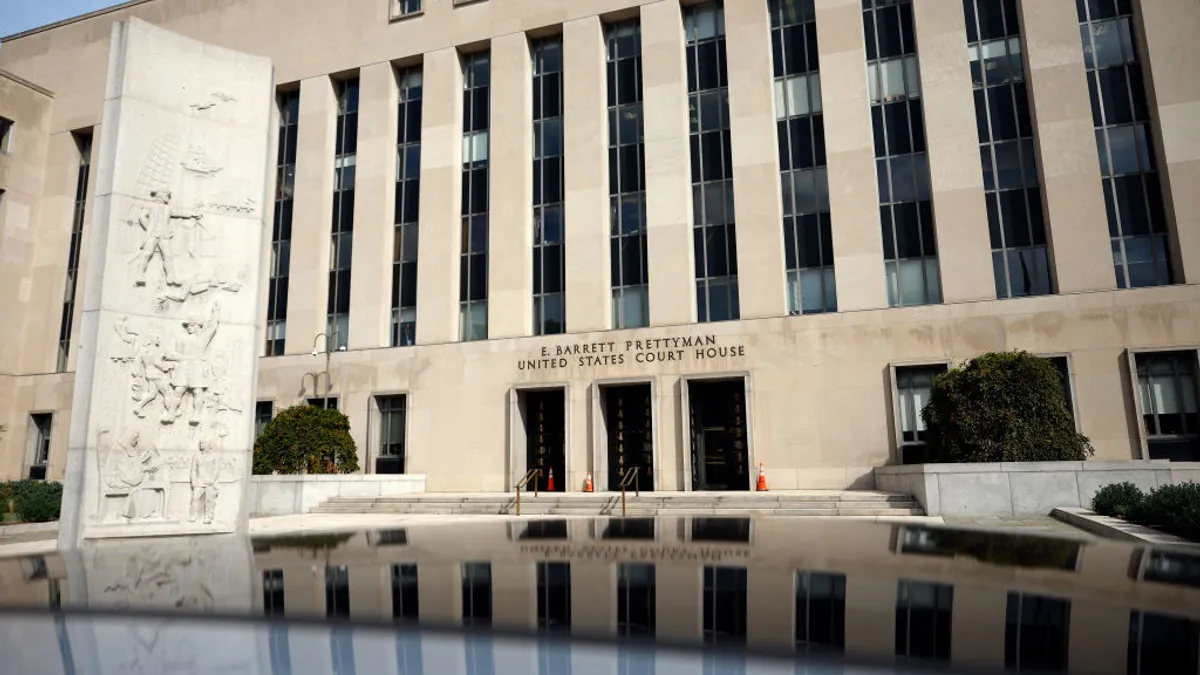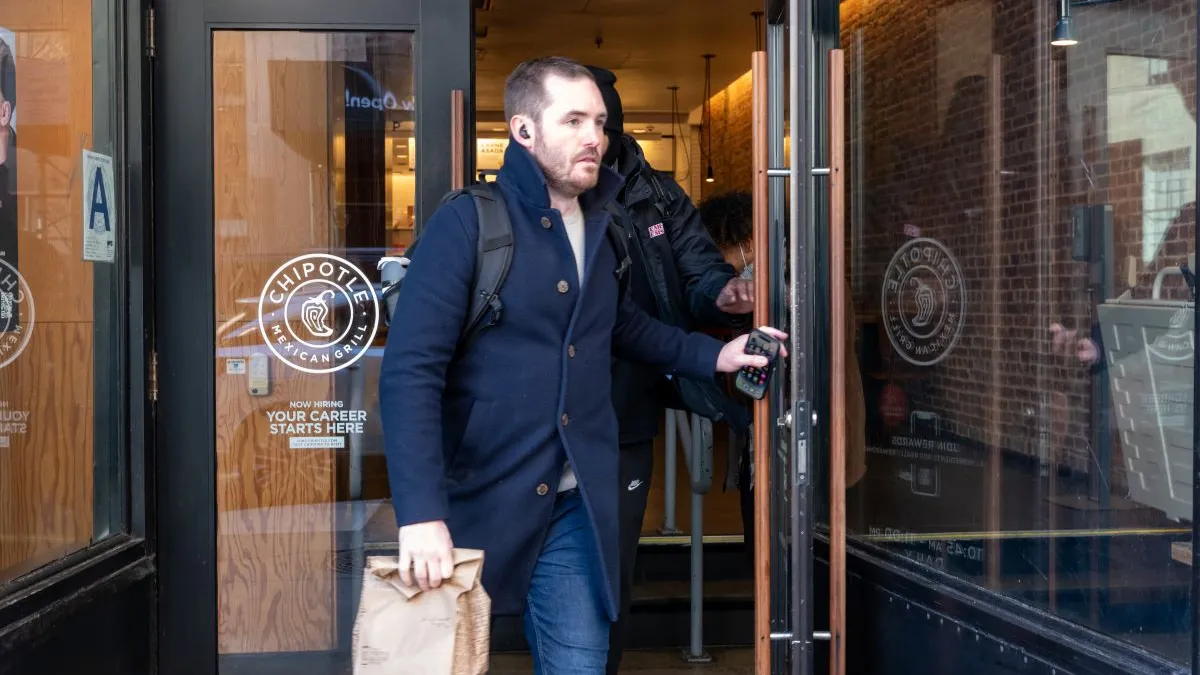WASHINGTON — A customer once told Jeff Brown, president and CEO of Philadelphia-based grocery chain Brown's Super Stores, that his future "wasn't that bright," since his stores were located in underprivileged communities with high rates of incarceration.
"She said, 'unless someone like you figures out how to get people to work, customers that don't have jobs are going to be the real customers,'" Brown told an audience at a U.S. Chamber of Commerce Foundation event on June 11.
Since taking that advice and deciding to hire workers with criminal histories 15 years ago, Brown said he now employs between 600 and 700 such workers.
What may be a common business practice for employers like Brown can be a tough sell for others. A frequently cited statistic puts the number of Americans with a criminal record — which does not necessarily indicate conviction — at about 70 million persons, or roughly one third of the total population. Despite the size of this contingent, those with criminal records tend to be at a disadvantage; one study by a group of Northwestern University researchers found hiring rates were lower among ex-offenders compared to non-offenders in customer service positions.
Part of the problem may be a lack of receptiveness on the part of current employees. "People do not take change well," Jenny Kim, vice president, public policy and deputy general counsel at Koch Industries, said during a panel with Brown.
Expanding talent pools to include the formerly incarcerated is getting a second look from business groups in recent years as unemployment rates decline. The Society for Human Resource Management (SHRM), one of the biggest such groups, has asked employers to sign a pledge to hire workers with criminal backgrounds. President Donald Trump has also backed the practice by directing the U.S. Department of Labor help fund fidelity bonds for employers.
Brown said his company was apprehensive about the idea at first, but found working with local nonprofits that specialize in re-entry training to be an effective model. But he noted that companies need to be "street wise" in the way they determine whether candidates are ready to re-enter.
Bias is a barrier speakers repeatedly mentioned. "When we started out, a lot of our managers and employees, they were afraid," Brown said. "They had a TV view of it, that these are just hardened, nasty criminals, and there was resistance before we hired the first person."
Aly Tamboura knows what it's like to deal with others' perceptions. Before becoming manager, technology and product delivery at the Chan Zuckerburg Initiative, he served time in San Francisco's San Quentin State Prison. He told attendees that going to prison made him feel as though he'd lost his purpose in life.
"I quickly learned that my purpose was to survive," he said. Later, he began working with local nonprofit The Last Mile, where he learned to code and even built his own applications. He's adamant people are better than what he phrased as "the worst thing they've ever done."
"I'm not an ex-con, I'm a person," Tamboura said. "I challenge people in the audience, don't call people inmates, ex-cons, convicts. They're incarcerated people. And if you keep the word 'people' in there, hearts open up."
Brown said the problems he's faced most with formerly incarcerated workers haven't been things like theft or drugs. Instead, it's usually getting people with a criminal history acclimated to a business environment. "They're just incredibly ambitious compared to the average person off the street," he said.
But executives have to be ready to throw their weight behind this type of hiring initiative, Brown said. He told workers he wouldn't back down from it: "We don't have much of a country, society or a business if we don't do this, and we're going to do it." Six months later, he said the resistance died down. "The more transparent you are, the more comfortable people will be."
Kim echoed the need for openness. "Accept those disputes," she said. "It's like conflict resolution with anything else, just understand where your employees are coming from and have that dialogue and understand where that resistance is coming from."
Presenters recommended several other ways to start hiring those with a criminal history. They ranged from voluntarily banning the box to dropping drug testing to one not-for-profit's "open hiring" model, a process that doesn't involve interviews, background checks or drug tests — just a willingness to show up.
Brown's chain doesn't drug test, either. Kim said that Koch Industries does test for some positions due to the need for some to operate certain machinery, but she noted that companies should consider career paths even for those who test positive. "There's ways to do it, and I think those businesses have to be aware of that and learn from each other," she said.
States and localities are increasingly passing laws that could favor the formerly incarcerated. So-called "ban-the-box" laws in more than 30 states prevent employers from including a questionnaire on job applications that asks whether applicants have a criminal record. And while most employers in a recent report said they wouldn't hire someone who failed a drug test, Nevada made history last week by becoming the first state to grant legal protections to job applicants who test positive for marijuana use.
Correction: An earlier version of this story did not include that the event was a U.S. Chamber of Commerce Foundation event.



